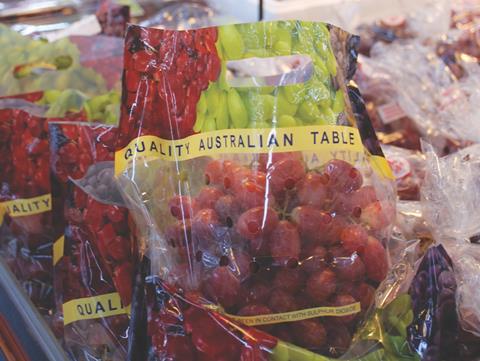Parallel exchange process up and running with Singapore
Australia and Singapore continue to make strides towards paperless export trading.

The countries signed a Digital Economy Agreement in 2020 and have just started using a parallel exchange process on selected agricultural goods.
“Using electronic export certification (eCert) means the relevant information is sent directly to overseas government agencies almost instantly, allowing for quicker clearance times so producers can get their goods to market faster,” said Nicola Hinder of the Australian Department of Agriculture, Fisheries and Forestry.
“This results in less time waiting on a rubber-stamp for paperwork, a reduction in fraudulent behaviour and easier record keeping.
“We have just started a process called a parallel exchange. That means we are using the paper certification alongside the eCert for consignments of edible meat exported from Australia. Our government counterparts in Singapore will have both methods of certification during the transition period.”
Hinder said the aim is to make the edible meat trade fully paperless by the end of 2023, with other products to follow.
“The Digital Economy Agreement (signed in 2020) delivers a comprehensive framework for bilateral cooperation, to help businesses and consumers make the most of the digital economy,” Hinder explained.
“Together with Singapore we’ve negotiated cutting-edge new rules. We’ve signed up to agreements on areas including e-certification for agricultural exports and imports, data innovation and protection, artificial intelligence, e-invoicing, and digital identity.”